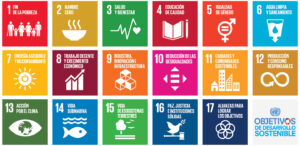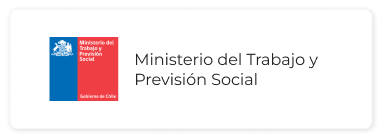
Social Information Systems have data on the population that is essential for implementing various public policies, such as Assistance Programs, carried out by either national or local governments.
Thanks to efficient management of Social Information Systems, assistance to individuals and households can be better allocated. These systems are complex, dynamic, and constantly evolving, adapting to new requirements or technologies that allow them to improve and achieve consolidated and protected information in a “Data Bank” (to learn more, you can access our content on Data Interoperability).
It is part of this very evolution in Social Information Systems that Adaptive Social Protection (ASP) systems emerge, designed to more effectively address the risks of climate, environmental disasters, and pandemics. A clear example of this ongoing progress is the Environmental Vulnerability Index, developed by the Dominican Republic, with funding from the World Bank. (A topic we will explore further with interviews in the coming months).
Why do Adaptive Social Protection (ASP) Systems emerge?
Between 1980 and 2012, the annual frequency of natural disasters increased by 250%. The number of people affected by these disasters grew by 185%.
The consequences of earthquakes, hurricanes, and other emergencies, such as pandemics, entail enormous costs for countries and their inhabitants.
However, not all inhabitants suffer the consequences equally. It is the most vulnerable sectors that are more exposed to the effects of climatic phenomena, and they are also the ones with fewer resources to cope with them, such as more precarious housing.
What Adaptive Social Protection (ASP) does is “help foster the resilience of vulnerable households to adverse shocks, through direct investments that support their ability to prepare for, cope with, and adapt to external shocks: protecting their well-being and ensuring they do not fall into poverty or become trapped in it as a result of the impacts.”
Today, countries in Latin America and the Caribbean are developing sophisticated models of Adaptive Social Protection (ASP), intersecting data from Social Registries with Territorial Information Systems.






















